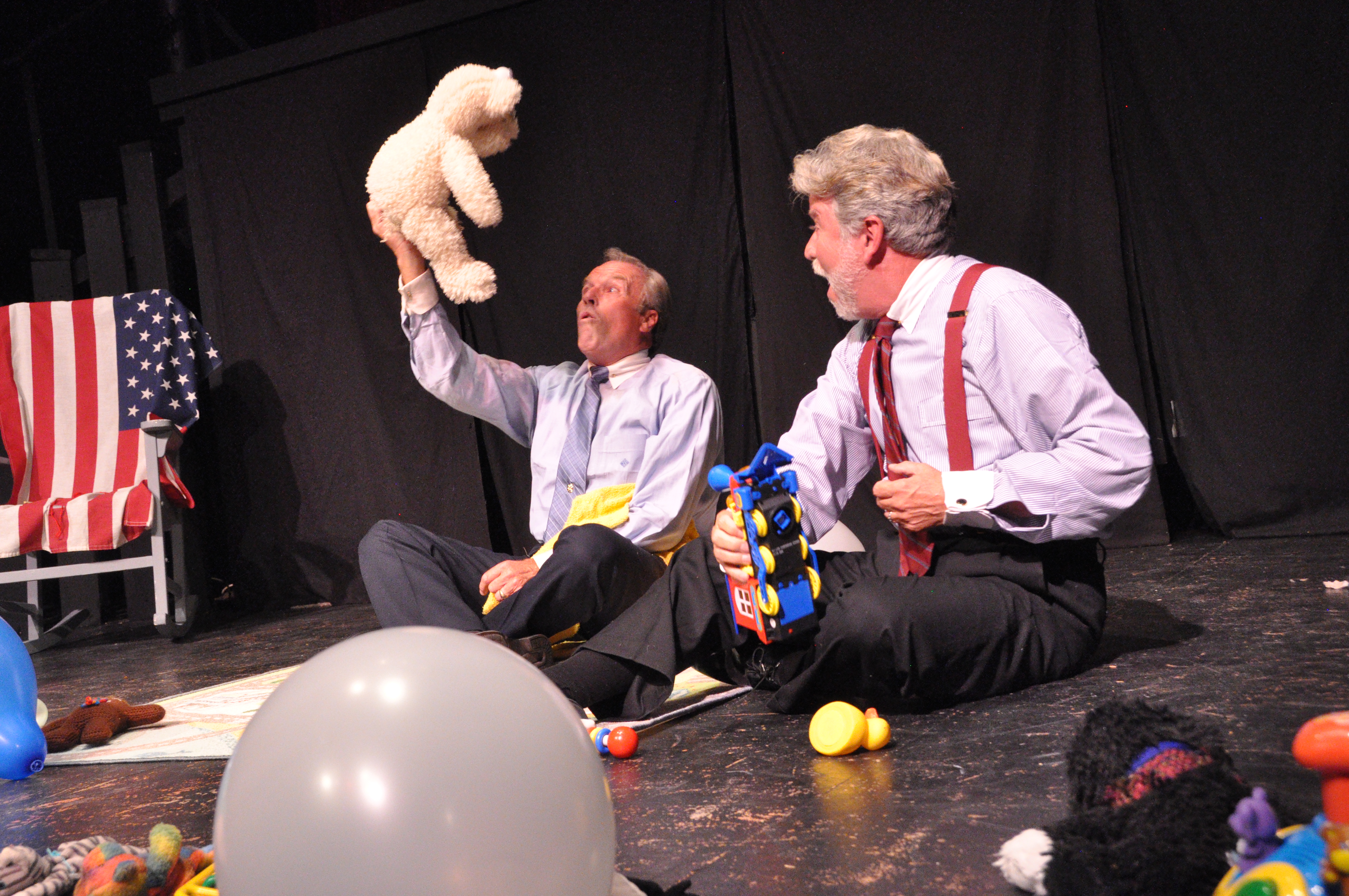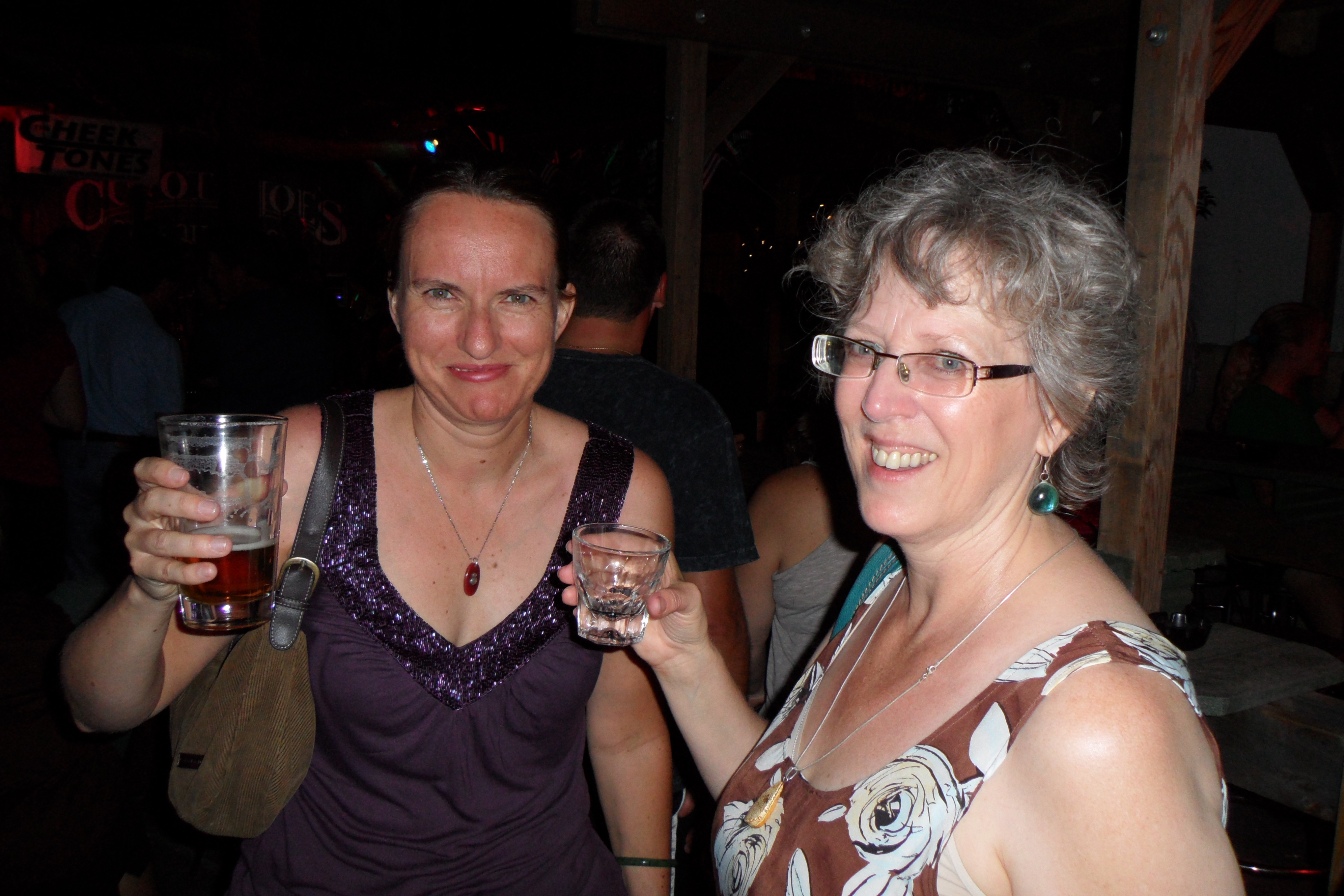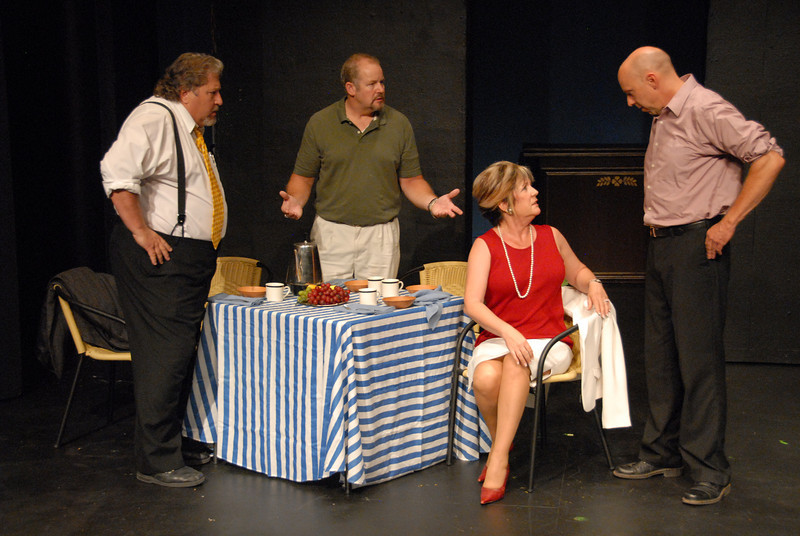 Who watches The Voice? I can’t get enough of it. It might be my inner karaoke fanatic, but there’s something about watching these performers sing their hearts out in the hopes of grabbing hold of their dreams that gives me all the feels.
Who watches The Voice? I can’t get enough of it. It might be my inner karaoke fanatic, but there’s something about watching these performers sing their hearts out in the hopes of grabbing hold of their dreams that gives me all the feels.
It’s also a really great demonstration in just how many nearly-intangible things go into “making it” in as an artist, because—as we can all see—it’s not just about how talented a person is. Charisma, sincerity, energy, passion, control, experience, timing, and choice of material are all factors in whether or not a Voice contestant gets selected by one of the celebrity judges.
It oftentime feels like, as a writer, there’s just no way to tell what’s going to grab a reader, and what isn’t – and this is partially true. But, after working as a literary manager and now as the producer of our ONSTAGE Project, I’ve read a LOT of plays and I’ve overseen a lot of LBDI peer-reviews, and I think I can offer up a few tips for playwrights interested in submitting to play fests.
- Show off Your Unique Voice: Remember that readers are looking at piles and piles of plays and it’s the unique, the unusual, the “Wow, I’ve never read a play like this/about this subject/with characters like these before” plays that immediately stand out. Sometimes these plays aren’t even the “best” written, but their rough-around-the-edges feel still feel more exciting because the voice of the writer (as evidenced in the action, the dialogue, the characters, the concept) is fresh.
- Complete story: Look, 10-minute plays are actually tough to write. You have to come up with a compelling story with a beginning, middle, and end in 10 pages or less?! That’s ridiculous, right? Which is probably why a lot of writers skip that very important last part when the truth is, they’d do a lot better skipping the beginning instead. You only have 10 minutes – so jump into the play at the middle and deliver a kick-ass end to leave us breathless. There are always several plays submitted to our ONSTAGE Project that start out with so much promise, have really interesting characters/great dialogue, but then drop off without any feeling of completion, or they try to tie things up with a very rushed, improbable and unbelievable final bit of dialogue or action because they spent too much time setting up the world and didn’t think the story all the way through to the close. Audiences hate a tease… so put a killer button on the end of your play and leave us satisfied!
- Reasonable production needs: I am a sucker for spectacle. I love to include fantastical “You can’t see THIS on your television screen!” elements into my plays, and I love to see these kinds of plays on stage. BUT, most ten-minute play festivals rely on easy-to-produce pieces because those hefty set-up times between plays bore audiences and eat up valuable production time. Additionally, 10-minute fests are usually working on a low budget… so although a balls-to-the-wall spaghetti diner food-fight between flying Godzillas sounds AMAZING, it’s probably not produce-able on most festival budgets.
- Choice of Material: Sometimes you send in the wrong play for the right fest, and there’s just nothing you can do about that except learn, get to better know what kind of work the theater or company is drawn to, and try to choose better next time. Last year’s theme, Planting the Seed, lent itself to two very common interpretations: Gardening and Pregnancy. We received SO many plays on both of those subjects that we could have produced a whole evening of plays on either topic. With that many plays coming in on the same subject, it becomes harder for your play to stand out, whereas someone who writes a piece that stands out on its own -genre/style/subject matter-wise, etc— has less competition.
- That said, you never know when someone is going to read your spaghetti-throwing Godzilla piece without an ending, and decide that they just HAVE to produce it! Different things jump out to different people. The best thing you can do as a writer is to write the story you want to see on stage… to put your voice into it, to put your love of storytelling into it, and to make sure that—no matter the result—you’re creating work you believe in. Because odds are good that there is someone out there who is just dying to produce your weird and wonderful thought-baby, they just don’t know it yet because you haven’t gotten it into their hot little hands.
Personally, I’ve been quite impressed with the quality and variety of work submitted to this year’s ONSTAGE Fest. As a rule, I strive to create the most diverse and engaging festival line up I can – but I can tell that boiling our semi-finalist list down to a final 2015 line up is going to be a major challenge this year… and that makes me super happy!
Seriously, #FemalePlaywrightsROCK!






One Response to A Few Tips for Submitting to 10-minute Play Festivals